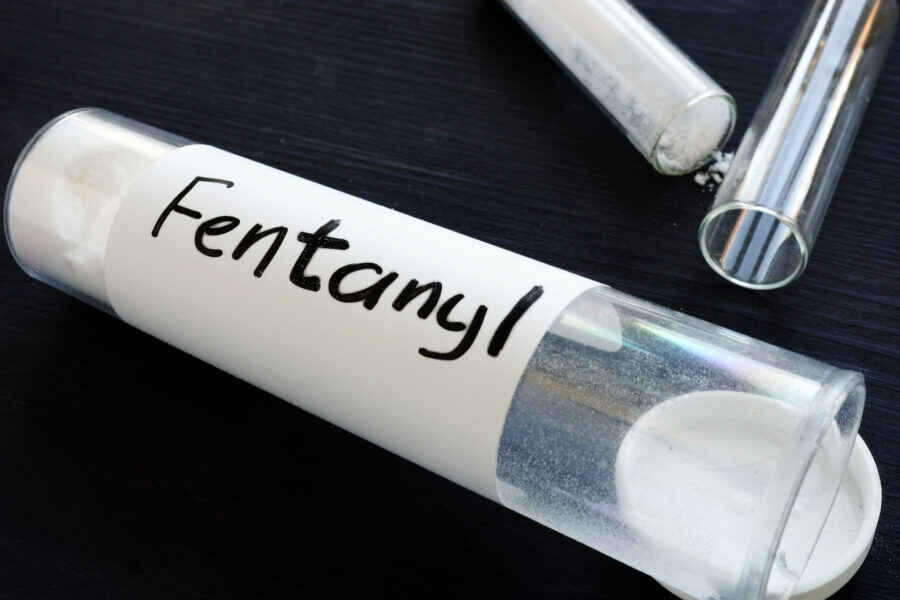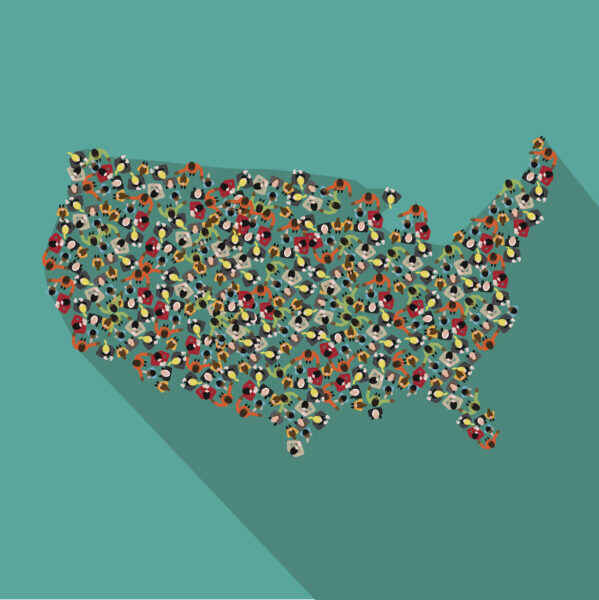
Evidence for Fentanyl Test Strips
Fact SheetSubstance Use Prevention and Harm ReductionHarm Reduction Legal Project ResourcesHarm Reduction Legal ProjectOpioid Misuse and Overdose PreventionBetween May 2020 and April 2021, 64% of overdose deaths in the nation involved synthetic opioids, primarily illicitly manufactured fentanyl, which is 50 to 100 times more potent than morphine. A low-cost, high-impact harm reduction strategy for reducing the risk of overdose due to fentanyl contamination comes in the form of fentanyl test strips (“FTS”).At the price of approximately one dollar per disposable strip, FTS can detect the presence of fentanyl and many fentanyl analogs in drug samples dissolved in water. This fact sheet briefly discusses the emerging evidence that supports the broad distribution of FTS as one tool to reduce fentanyl-related harm.











